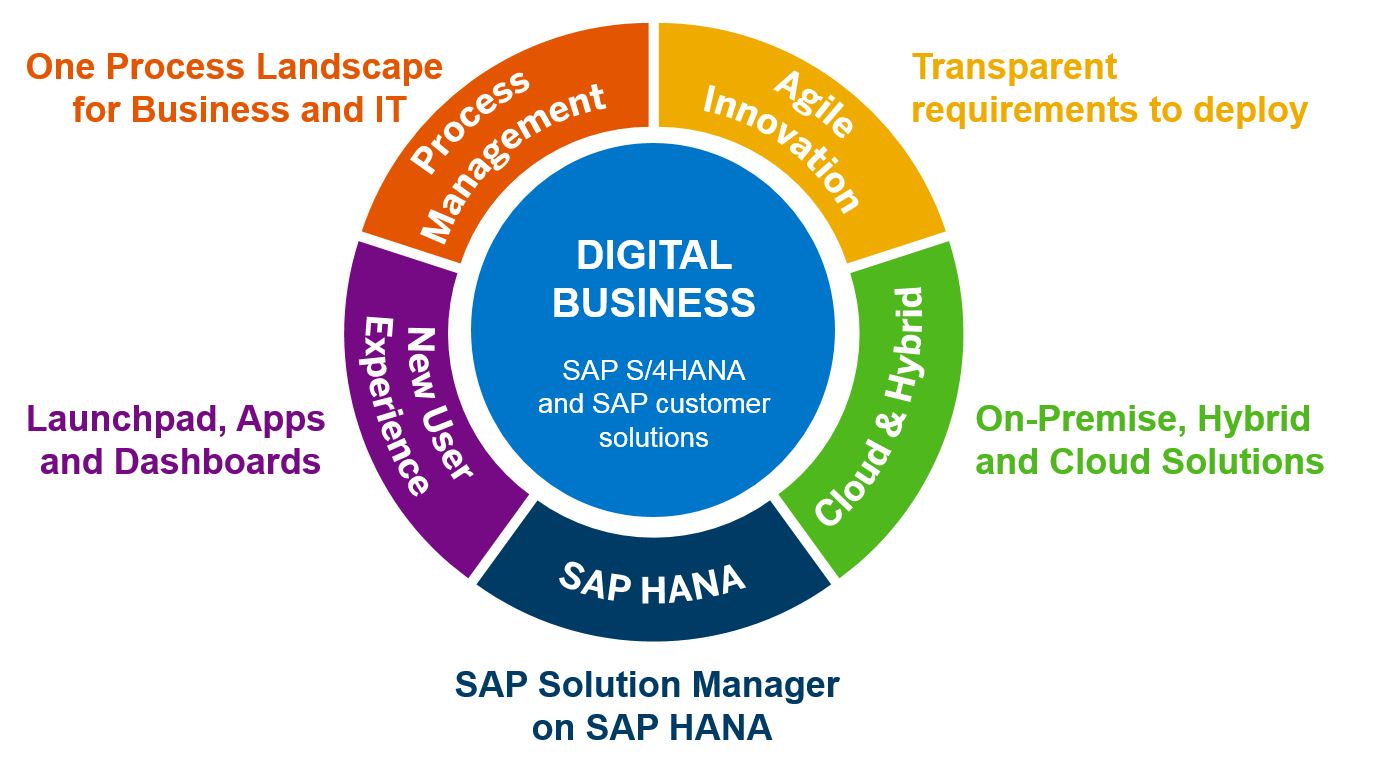How To Develop Your Skill Set To Grow Your Career

How To Develop Your Skill Set To Grow Your Career will be described in this article. In today’s fast-paced & the competitive job market, staying relevant and continuously improving your skills is essential for career growth. Whether you’re just starting career or the looking to advance in your current role, developing your skill set is the key to success. So, keeping this in mind, let’s delve deep into how you can enhance your skills to achieve success.
How To Develop Your Skill Set To Grow Your Career
In this article, you can know about How To Develop Your Skill Set To Grow Your Career here are the details below;
· Hard Skills
Hard skills are specific, teachable abilities typically job-related and can be measured or quantified. Examples include programming languages, data analysis, graphic design, and software or machinery proficiency. These skills are often essential for technical roles and are acquired through education and training.
· Soft Skills
People skills are also called soft skills are non-technical skills related to how individuals interact with others and navigate social situations. These skills include communication, teamwork, leadership, problem-solving, adaptability, and emotional intelligence. Soft skills are highly valued across all industries and are crucial for effective collaboration and career success.
· Transferable Skills
These skills are versatile abilities that can be applied in various roles and industries. These skills include critical thinking, time management, project management, and organizational skills. Transferable skills are valuable because they enable individuals to adapt to different environments and roles throughout their careers.
· Job-Specific Skills
They are tailored to a particular job or industry and are often prerequisites for specific roles. For example, a nurse must have medical knowledge and clinical skills, while a chef needs culinary expertise. Job-specific skills are essential for performing tasks within a specific profession or trade.
· Leadership Skills
Leadership skills involve guiding, motivating, and inspiring others to achieve common goals. Leadership skills include decision-making, delegation, conflict resolution, and strategic planning. They are crucial for individuals in managerial or leadership positions.
· Communication Skills
Communication skills include conveying information effectively through verbal, written, and non-verbal means. These skills are essential in all professions for clear and concise communication with the colleagues, clients, and stakeholders.
· Technical Skills
They are specific to a particular industry or domain and often involve using specialized tools or equipment. Examples include carpentry skills for construction workers, coding skills for software developers, and laboratory techniques for scientists.
How To Determine Your Skills?
Determining your skills is a crucial step in personal and professional development. So, let’s find out how to determine your skills to get your dream job: –
· Self-Reflection
Begin by reflecting on your experiences and past roles. Consider what tasks or activities you excel at and enjoy doing. Consider instances where you’ve received positive feedback or recognition for your abilities.
· Feedback
Seek feedback from colleagues, friends, family, and supervisors. They can offer valuable insight strengths and weaknesses. Ask them what they believe are your standout skills.
· Self-Assessment Tools
Various self-assessment tools and quizzes are available online or through career counselling services. These tools can help you identify personality traits, strengths, and potential areas for skill development.
· Job Descriptions
Review job descriptions for roles you’re interested in. Note the skills and qualifications required. This can give you an idea of the skills valued in your desired field.
· Skills Inventories
Create a skills inventory listing hard and soft skills. Include technical skills like software proficiency, job-specific abilities, and soft skills such as communication & the leadership.
· Experience and Achievements
Analyse your work and life experiences. Consider academic achievements, volunteer work, hobbies, and personal projects. Identify the skills you applied in each context. Also check
· Goal Alignment
Connect your skills with your career goals. Determine the most relevant and valuable skills for your desired job or industry.
· Regular Self-Review
Skills evolve, so conduct regular self-reviews to track progress. Identify areas where you’ve improved or need further development.
How To Develop New Skills?
Developing new skills requires a structured approach:
· Set Clear Goals
Define the skill you want to acquire and set specific, achievable goals.
· Research
Gather resources such as books, courses, or online tutorials to learn about the skill.
· Practice Regularly
Dedicate time to practice consistently, even if progress is slow.
· Seek Feedback
Get input from mentors, peers, or instructors to refine your technique.
· Join Communities
Engage with communities about the skill to exchange ideas and learn from others.
· Track Progress
Monitor your development to stay motivated and identify areas for improvement.
· Stay Patient
Skill development takes time & the effort; be patient and persistent.
Which Skills To Include In Your CV?
Including the right skills in your CV is essential to make a strong impression on the potential employers. Here are some of the common and important skills you must own: –
· Soft Skills
Soft skills are essential for interpersonal effectiveness and are valued in nearly every profession. They include communication, teamwork, adaptability, problem-solving, leadership, and time management. Highlight soft skills that align with the job’s requirements and emphasize how they contribute to your effectiveness.
· Transferable Skills
These versatile skills can be applied in various roles and industries. They include critical thinking, project management, organization, and analytical skills. Mention transferable skills that demonstrate your versatility and adaptability.
· Job-Specific Skills
Tailor your CV to the specific job applying including skills mentioned in the job description. This demonstrates your suitability for the role.
· Certifications and Qualifications
If you hold relevant certifications or degrees, list them. These credentials validate your expertise.
· Leadership and Management Skills
If you’re applying for a leadership or managerial position, emphasize decision-making, delegation, conflict resolution, and strategic planning skills.
· Creative and Artistic Skills
If relevant to the role, showcase skills like writing, graphic design, photography, or any artistic talents that set you apart.




